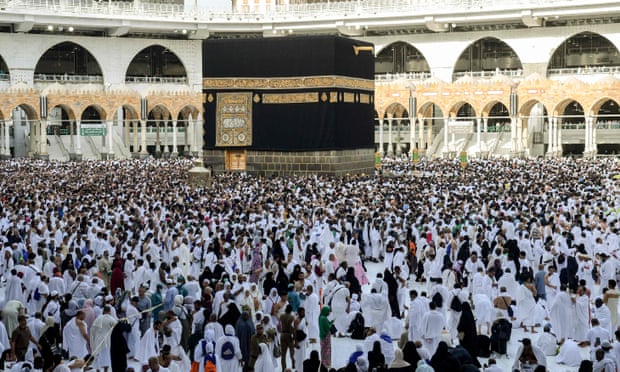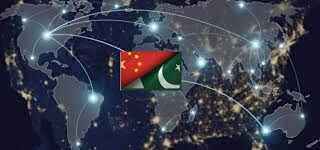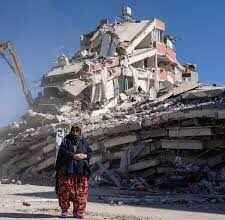
Muslims from around the world will be barred from taking part in this year’s hajj, the annual pilgrimage to the Islamic holy sites of Mecca and Medina, which usually attracts about 2.5 million visitors.
Saudi Arabia has said only a limited number of people who are resident in the kingdom will be permitted to take part in the hajj in an effort to contain the spread of Covid-19.
The country has recorded 161,000 cases of coronavirus and more than 1,300 deaths. A three-month nationwide 24-hour curfew was lifted at the weekend, with all economic and commercial activities allowed to resume, but international travel is still prohibited.
There had been widespread speculation this year’s pilgrimage would be cancelled, but state media announced on Monday that a small number of people living in Saudi Arabia will be allowed to visit Mecca and Medina when the hajj begins in late July.
“The number, God willing, may be in the thousands. We are in the process of reviewing so it could be 1,000 or less, or a little more,” Saudi’s hajj minister, Muhammad Benten, said in a virtual press conference.
Over-65s will not be allowed to perform the hajj. All pilgrims, and those serving pilgrims, will be quarantined before and after the pilgrimage.
The Saudi authorities suspended the Umrah pilgrimage, which can be undertaken at any time of year, in late February.
The Hajj – a requirement for able-bodied Muslims at least once in their lifetime – potentially could be a source of infection as millions of pilgrims crowd into congested religious sites for five days.
This month Indonesia, the world’s most populous Muslim country, said its nationals would not be taking part in this year’s hajj because of the possible health risk. Malaysia, Senegal and Singapore followed suit.
“My hopes of going to [Mecca] were so high,” Kamariah Yahya, 68, from Indonesia, told Agence France-Presse. “I’ve been preparing for years. But what can I do? This is Allah’s will – it is destiny.”
Each country is allocated a quota of hajj visas according to its Muslim population, with Indonesia having the largest contingency at close to 221,000.
The Saudi decision is a blow to thousands of travel agents across the world that specialise in the hajj. It will also represent a significant loss of revenue for the kingdom.
There have been deadly disasters in previous years, including a 2015 stampede that killed up to 2,300 worshippers and a crane collapse at the Grand Mosque the same year in which more than 100 people died.
In 1979, religious extremists stormed the site housing the cube-shaped Kaaba in Mecca that Muslims pray toward and gather around during pilgrimage. Thousands of worshippers were trapped inside and hundreds were killed in a siege that lasted two weeks.
About one in three of Saudi Arabia’s population of almost 35 million is a foreign national. The country was due to hold a census this year, the first since 2010. (Agencies)








